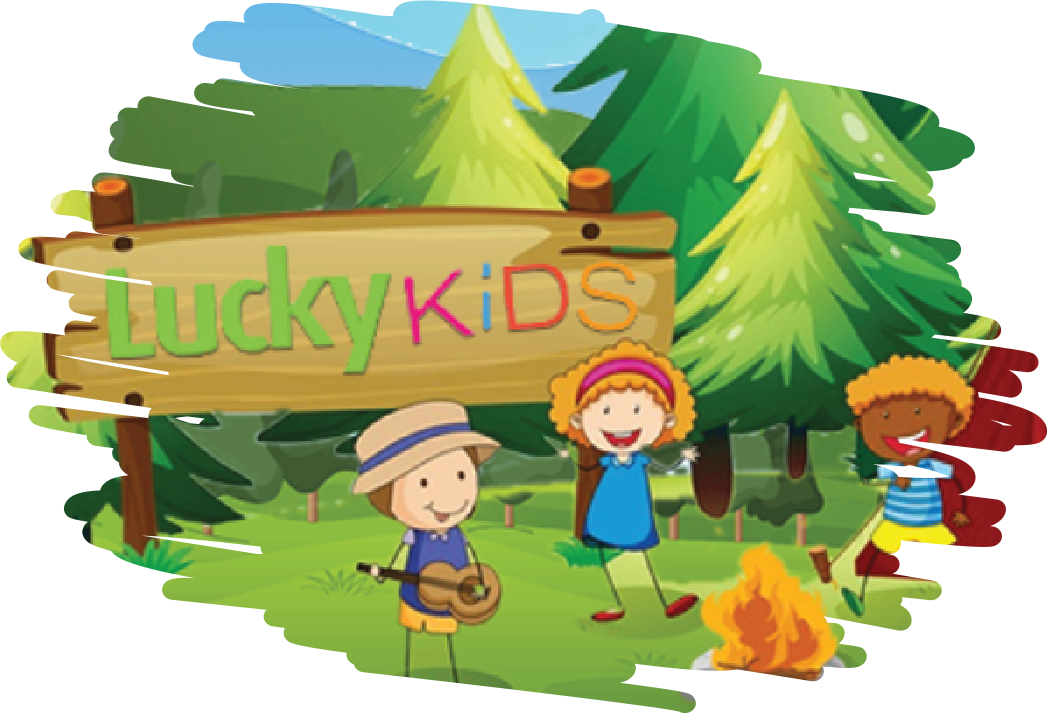There is a difference between a child coming for the first, second and third consecutive year. Many of the children look forward to returning to camp and talk about it all the time. Many of the children who come for several years in a row express a desire to join the camp team after reaching the age of majority.
Here we must mention the difference between the “third consecutive year” and the “third consecutive time” in the camp. We have children who come three times a season in the same year. This does not prevent them from coming every year.
But children who come for three or more years are special to us. And as far as we know them – we are special to them. The camp is no longer an unfamiliar place, but an integral part of the summer vacation.
When the child comes for the first year, he:
- learn the rules
- impressed by the program
- strives to make achievements
- is busy living on his own
- to make an impression
For him the camp is rather something personal. Often in the first year the children adapt to the camp life in general and learn to live in a different society from the one they are used to being in.
When the child comes for the second year in a row, he already feels calm, comfortable with the situation, confident that he can “cope”. In the second year, he manages to look around, to notice everyone else and to begin to experience emotions with them. The second year is also characterized by the child being able to build relationships with more members of the the camp team.
While in the first year the children are often attached to a specific person on the team, in the second year they realize that even if the specific team member is not at work, they still feel comfortable because all teachers and animators treat each other equally. child care.
In the third year, the children return not only for the fun and benefits for themselves, meeting new friends, but also for the camp team. The children who are with us for the third year are an integral part of life in These children do not bother to come alone, because they know the camp team well and feel completely comfortable.
In most cases, however, the children have established contacts with each other and agree in advance in which shift to come to be together. Often these children are not from the same city or even from the same country.
Regardless of their age, they behave as responsibly as if they were making the camp themselves. And it really is – they are involved in creating the content.
Every child coming for the third year gets the status of an assistant-animator. Assistant animators help in all activities of the animators and besides having more rights, they also have more obligations.
Each child joins as an assistant animator only voluntarily. If he does not want to – no one drives him by force. On the contrary – they themselves come to us and express a desire to do so.
The system with assistant animators is a borrowed practice from boarding schools (boarding schools) abroad. The fact that they have more responsibilities gives the children confidence that they have grown up and deserved their place as such in the camp.
The responsibilities of the assistant animators take into account the age and abilities of each of the children.
For the little ones we have special activities such as:
- arranging and collecting art materials
- help with carrying water and toys in the mountains
- to hold the door when entering and leaving the group
- other small but very “responsible” obligations
Children 11 and older can:
- to move independently in the hotel
- participate in the creation of games and themed evenings
- help children who come for the first time to adapt and orient themselves in the camp
- participate directly in the ongoing briefings
Assistant animators are an integral part of camp life. From the position of children, like everyone else, they can share their own experiences and give a positive direction to other campers. At the same time, they continue to empathize and build on themselves.
Although they are assistant animators, the children for the third year in a row do not have a special status. They follow the same rules and follow the instructions of the camp team as everyone else. But in most cases, it is not necessary to remind them what they are.
In English classes, these campers are indispensable helpers. They are aware of the difference between the learning process in the camp and that in school. This makes them free, creative and very proactive.
For the third year in a row, the children are proud to wear the emblem of the language camp. In the walks outside, they set an example to everyone else for behavior and attitude. For this they receive special badges that distinguish them from other children.
For the third year in a row, the children are calm because they know life in the camp in detail. They do not bother to share with the other campers and with the camp team. This makes them extremely important for the process itself. They show the direction and unite even more the small family of an international camp Lucky Kids.

